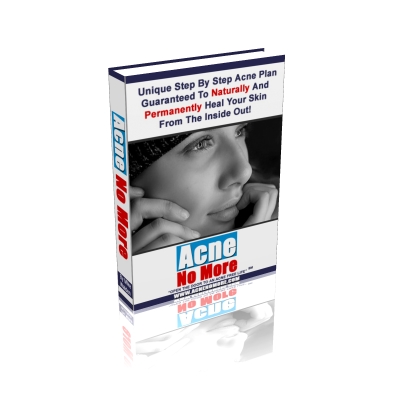Understanding Acne
Acne, a common skin condition, often leaves individuals frustrated as most products fail to deliver the desired results. However, there is hope in the form of Retin-A. This treatment option has shown remarkable success in controlling acne. It is important to note that Retin-A requires patience as significant improvements are typically observed after 10-12 weeks of consistent usage. This article will provide essential information on using Retin-A to effectively combat acne problems.
Acne can be an unpleasant and embarrassing experience. People often resort to heavy makeup to conceal their blemishes, but it's difficult to ignore the reflection in the mirror. Acne is not just a typical part of adolescence; it can persist and worsen if not properly managed.
Visit: Adult Acne: Breaking the Myth of a Teenagers' Malady!
Acne occurs due to an imbalance in the skin physiology related to the sebaceous gland and duct system. When the hair follicles become clogged with an excess production of sebum, dead cells, and bacteria, acne develops. This leads to swelling, redness, and pain at the infected site.
The Causes of Acne
Several factors contribute to the development of acne. Hormonal imbalances or stress-induced sebum overproduction are common causes. Dealing with acne requires patience and perseverance, as scars can leave a lasting impact on one's life. However, advancements in medical science have brought about a breakthrough in treating acne effectively.
The Effectiveness of Retin-A
Retin-A, available in the form of liquid, cream, or gel, has proven to be highly effective in combating acne. Its primary component, tretinoin (retinoic acid and vitamin A), facilitates the loosening of connections between skin cells while stimulating the growth of new cells. Additionally, research suggests that Retin-A minimizes fine lines and may even reverse some of the effects of sun damage.
When used as directed, Retin-A is considered safe, with minimal side effects. During the initial weeks of treatment, Retin-A may cause acne follicles to surface, temporarily making the face appear worse. However, as time progresses, it significantly reduces the chances of future acne problems. While studies indicate that Retin-A is generally safe for use during pregnancy, it is crucial to consult with your obstetrician before incorporating it into your skincare routine.
Explore Alternative Solutions
Apart from Retin-A, there are alternative treatments available for acne. Mike Walden's holistic acne system, known as "Acne No More," has gained popularity for its natural and permanent approach to eliminating acne without the use of drugs, creams, or gimmicks. This comprehensive system provides valuable insights and practical advice for tackling acne-related issues. For more information, visit their website at [AcneNoMore.com].
Conclusion
Retin-A stands out as a highly effective solution for treating acne problems. Patience is key when using Retin-A, as significant improvements may take time to manifest. By following the prescribed dosage and promptly consulting a doctor if any side effects persist, individuals can effectively control and manage their acne concerns. Don't let acne hold you back—embrace the power of Retin-A and regain your confidence today!




















0 Comments